How can we prepare learners for their future in an ever-changing world?
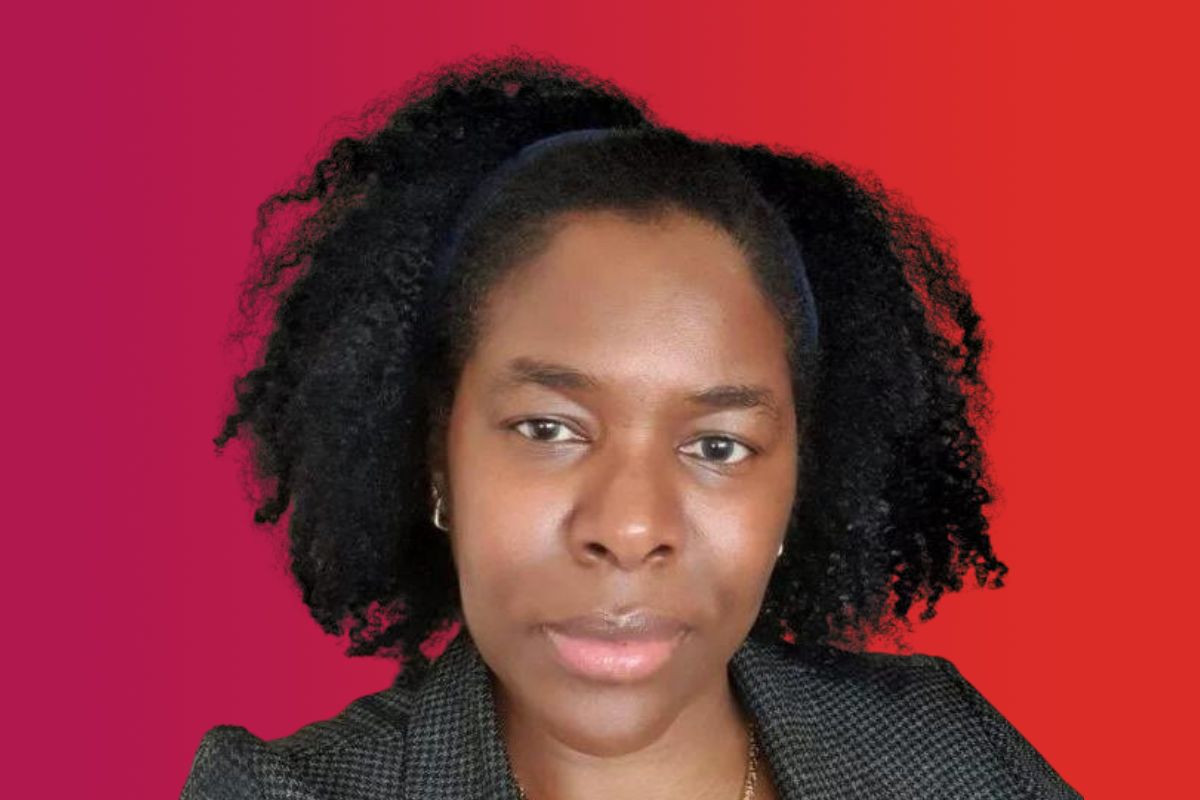
I’m sure you would agree that change is happening in the vocational education sector – and in the world of skills and work generally – at an unprecedented pace.
As Senior Product Director for Vocational Qualifications here at Pearson, I was actively engaged in designing our new BTEC 2025 (AAQ) qualifications. Our insight and data on the future of skills tells us that if we are to give learners the best chance of finding their brightest and best future, we must think differently about how we evolve and update vocational qualifications to reflect the changing landscape.
BTEC qualifications have existed for over 40 years and over that time we have worked with educators, HEIs and professional bodies to evolve the qualifications to ensure they remain current and future-facing. I know our college and school partners have always taken incredibly seriously their responsibility to ensure learners are equipped with the knowledge, skills, and attitudes they need to thrive in an ever-changing world.
I became aware recently that Newcastle and Stafford College Group are developing their own innovative ‘Skill Up, Stand Out’ pilot initiative to develop their learners’ transferrable skills. Focusing on what they have identified as the ten most important employability skills, NSCG have taken a holistic approach and – via the pilot – have engrained the development of these skills into their curriculum. Learners self-evaluate regularly, and staff validate their progress.
The scheme, overseen by Assistant Principal and Quality Nominee Gavin Barker, is collecting valuable data on the trial, with students themselves at the heart of improving and refining the scheme. Despite launching their own skills initiative, Gavin still believes that all vocational qualifications should have these essential skills intentionally designed into teaching, learning and assessment so they can fully support learners’ holistic development.
I wholeheartedly agree with Gavin and here at Pearson we believe futureproofing means focusing on three critical areas: transferable skills, digital skills, and sustainability education.
Transferable skills: All together now
Transferable skills are skills that are typically considered as not specifically related to a particular job, task, academic discipline or area of knowledge and that can be used in a wide variety of situations and work settings (for example, Communication and Problem Solving). Unesco 2016
According to our Pearson Skills Outlook 2022 research, while technical skills remain highly valued, the top five most sought-after skills by employers are all human skills. These include communication, collaboration, attention to detail, leadership, and customer service.
Transferable skills are essential for a changing workforce and bring about personal and social benefits for individuals and society. However, there is a gap between the skills that employers seek and the skills that graduates possess. This highlights the need for an approach to developing transferable skills that goes beyond just aligning skills to the curriculum.
In response to this insight, we have identified transferable skills as one of the three critical skill areas and have integrated them into all our new BTEC qualifications.
Digital Skills: For the connected world
In addition to transferable skills, digital skills are essential for effectively operating in an increasingly digital and technology driven planet. However, the digital skills gap is widening, with over 80% of all jobs advertised in the UK now requiring skills that over half of the UK’s workforce lacks *Lloyds Bank UK Consumer Digital Index 2020
To address this gap, we have integrated digital skills into our new BTEC National qualifications.
Sustainability: Learning that supports our planet
Sustainability education is becoming increasingly important in today’s world. UNESCO defines Education for Sustainable Development (ESD) as empowering learners to take informed decisions and responsible actions for environmental integrity, economic viability, and a just society, for present and future generations.
Despite the growing importance of sustainability education, only a small percentage of FE students are enrolled in qualifications with significant sustainability content.
At Pearson, we are responding by incorporating sustainability education throughout all our new BTEC National qualifications. We have used the UNESCO Sustainable Development Goals as a frame of reference and worked closely with sector experts on this.
Putting skills front and center
Our Pearson Skills Outlook 2022 research has given us the opportunity to embed these all important human skills into our most recent qualification developments. The current Level 3 reforms have meant that we have embedded these in our new BTEC 2025 (AAQ) qualifications should any changes be made.
By focusing their curriculums on transferable skills, digital skills, and sustainability, colleges and schools can be confident that learners will have the knowledge, skills and behaviours to thrive in the rapidly changing world we are all navigating. My sincere hope is that, using the very latest insight and research, together we can deliver future–proofed vocational qualifications that properly prepare learners – helping them to flourish no matter how fast the world changes.
Donna Ford Clarke, Senior Product Director, Pearson PLC

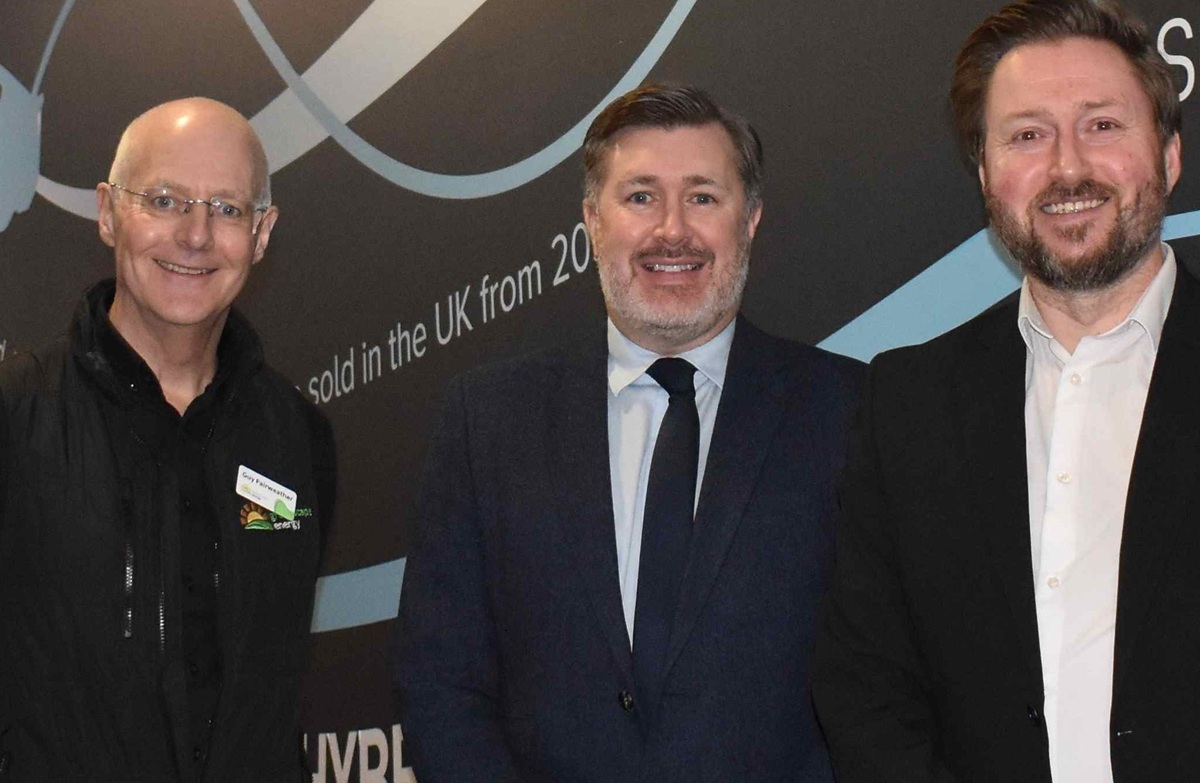


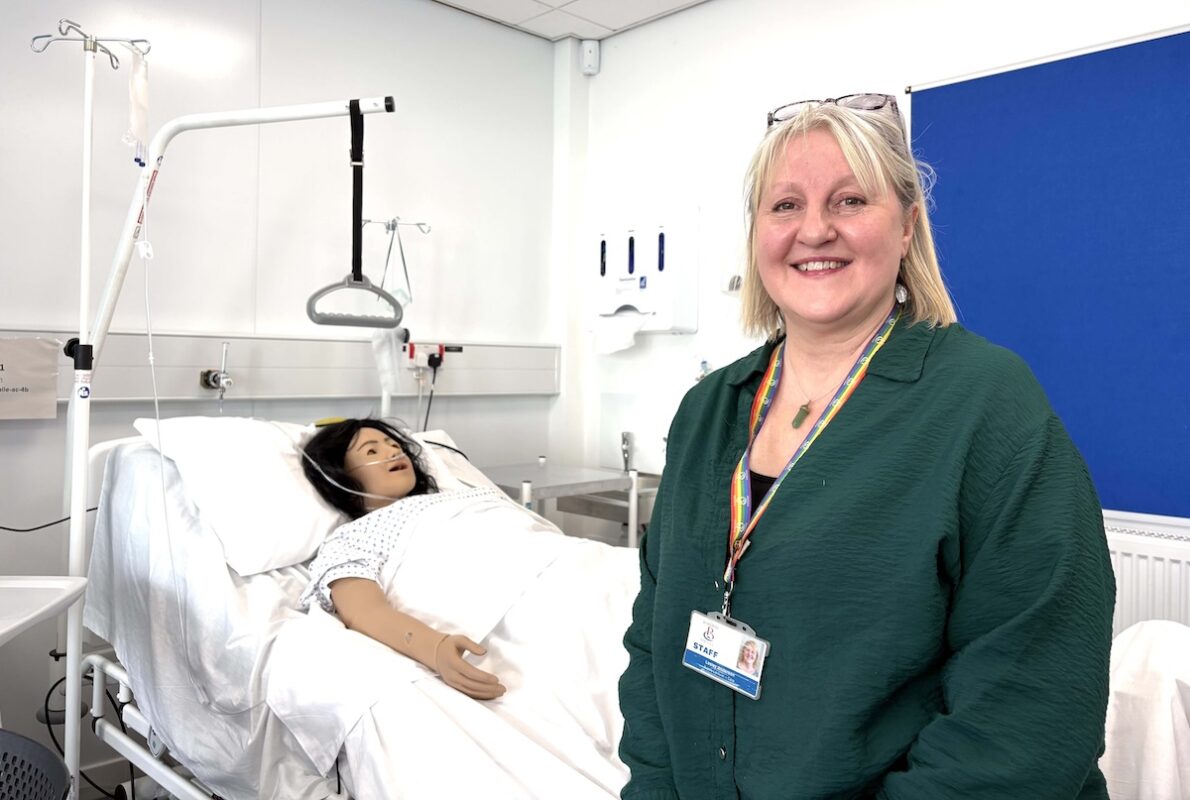


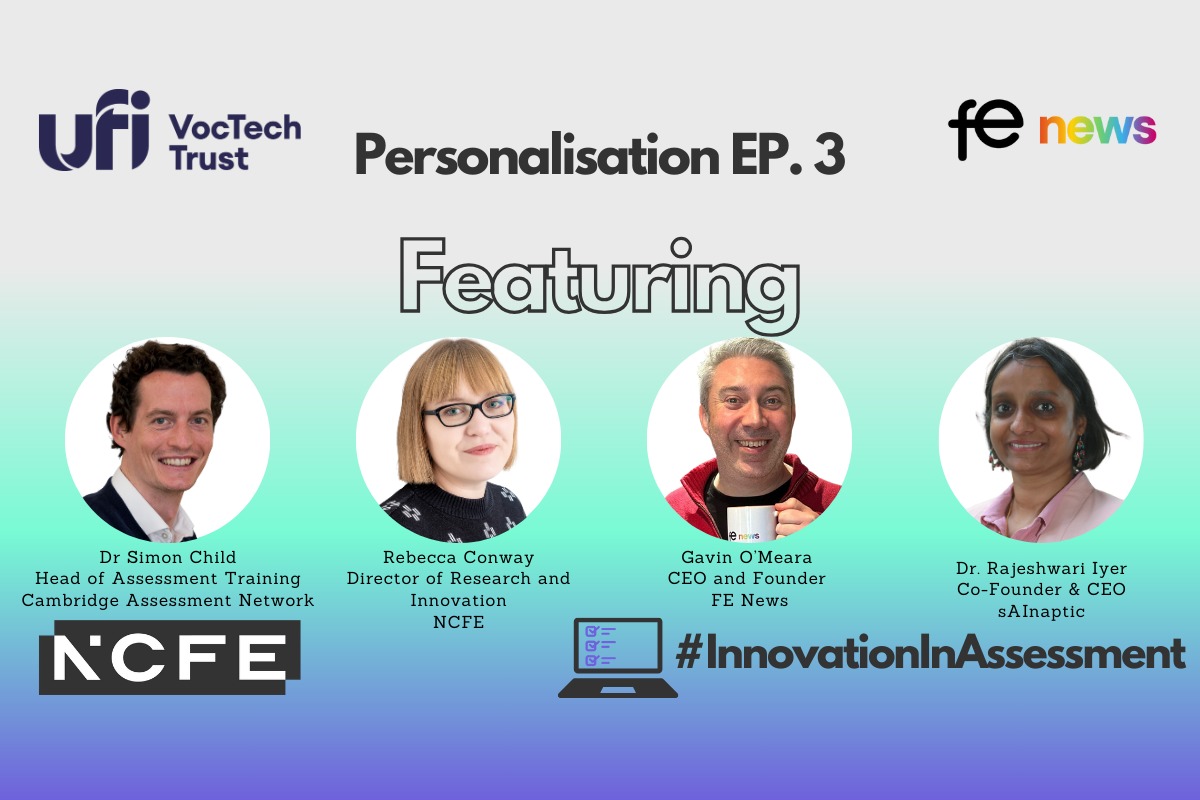
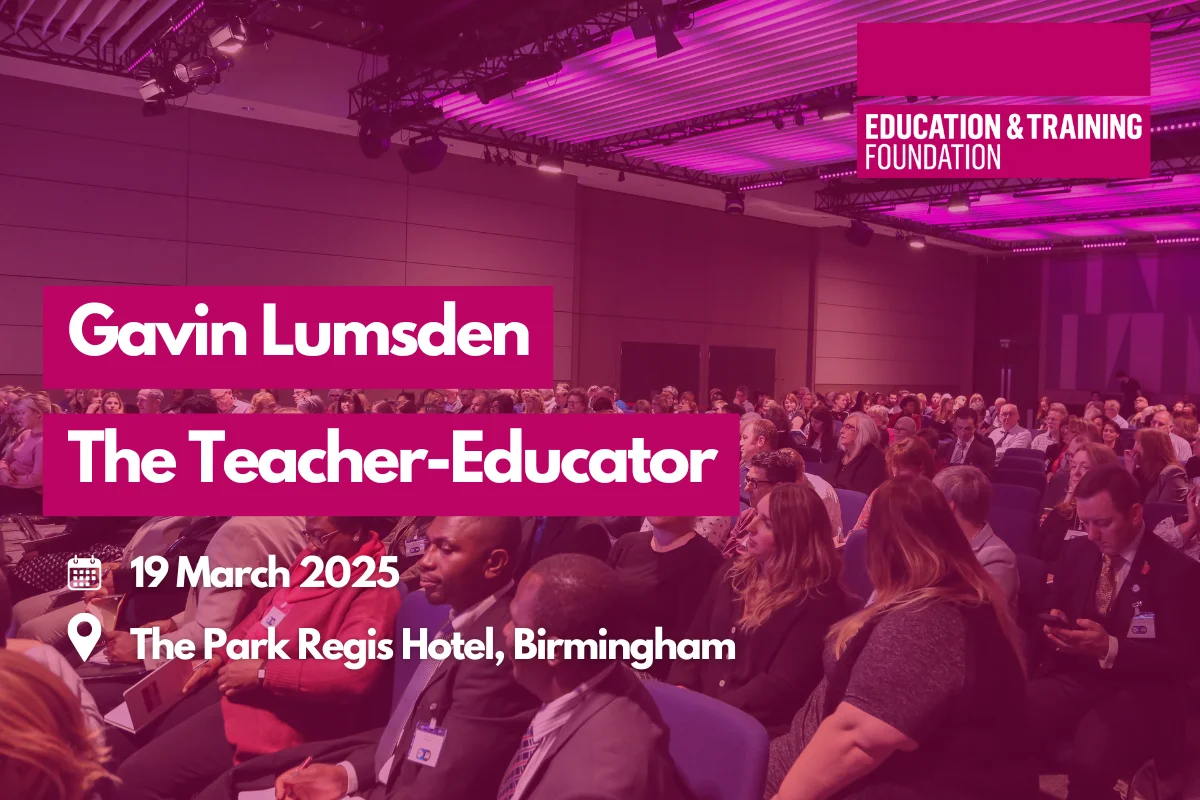
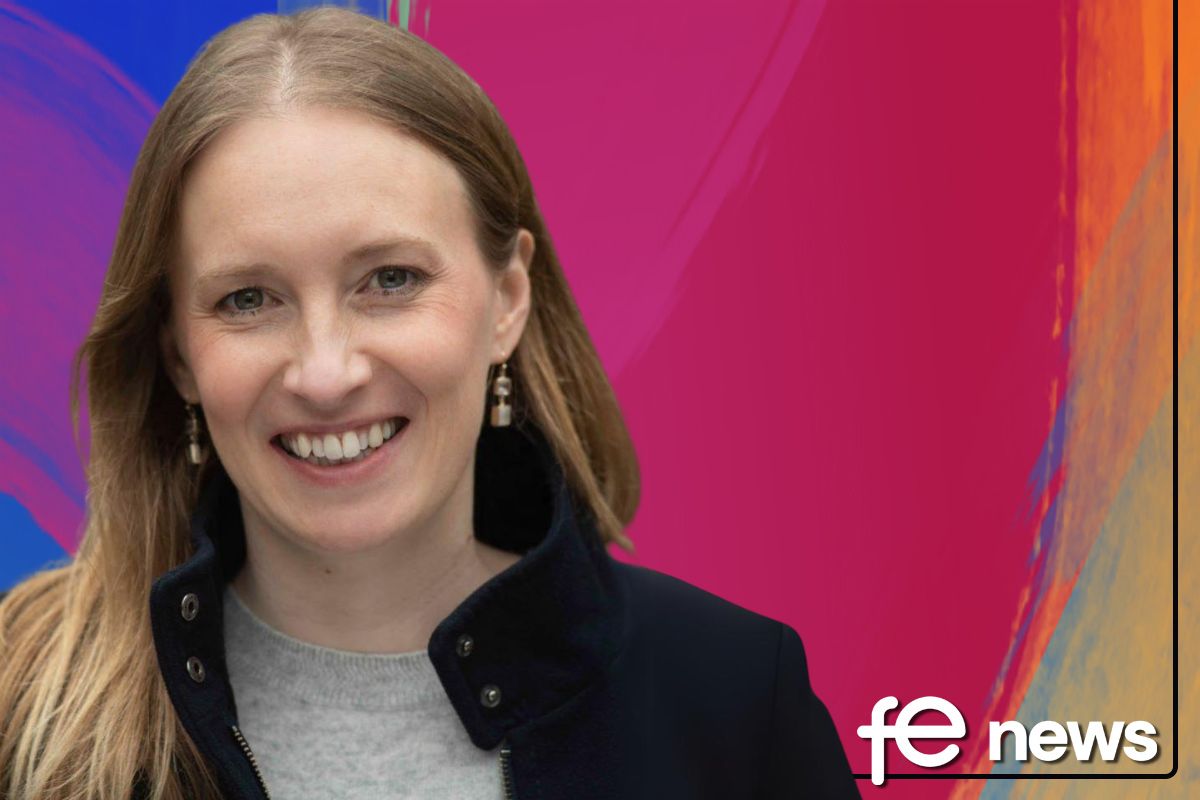
Responses